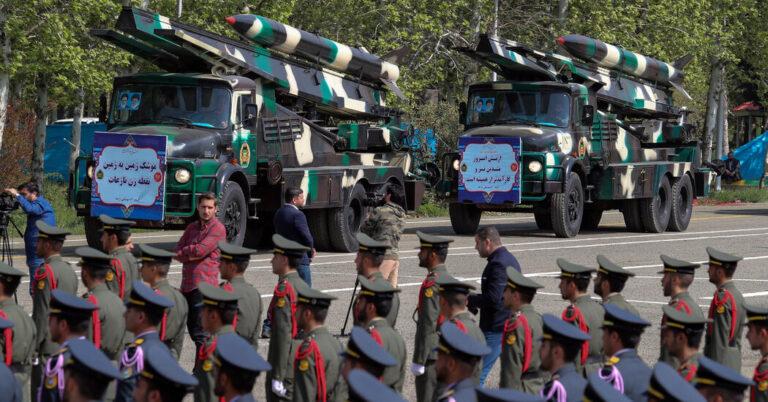The scale of the humanitarian crisis in Gaza – and the difficulties faced by aid workers responding to it – goes “beyond what has been seen before” in other conflicts, the United Nations said on Wednesday.
The cost of fixing this problem could be just as staggering.
The UN said its agencies and other humanitarian groups reportedly need more than $2.8 billion from donors to continue their response to the humanitarian crisis in Gaza for the rest of the year.
“Widespread destruction. Multiple mass movements. Imminent famine. Collapsed health system,” the United Nations Office for the Coordination of Humanitarian Affairs said in a statement. “Every day is a fight for the survival of populations Gazawhile the war rages and needs increase.
The requested amount, $2.8 billion, represents only part of what the UN has estimated at $4.089 billion as the total cost of responding to the crisis. The majority of the requested money ($2.5 billion) would be used to fund relief operations in Gaza, while a smaller amount ($297.6 million) would be earmarked for the West Bank, where violence has erupted since months.
The UN reduced its funding request to $2.8 billion, needed to finance only those operations that appeared feasible over the next nine months, during which it assumed “many of the current security challenges and access limitations would persist.
The war in Gaza began after Hamas’s Oct. 7 attack on Israel, which Israeli officials say killed about 1,200 people. Since then, aid distribution in Gaza has been hampered by a cascade of restrictions and dangers.
More than 200 aid workers have been killed during the conflict, the vast majority of them Palestinians from Gaza, according to UN Secretary-General António Guterres. Earlier this month, seven World Central Kitchen aid workers, including six foreigners, were killed in a series of airstrikes on their convoy.
Their deaths sparked an international outcry and led to a internal investigation by the Israeli military, which reprimanded the personnel responsible for the strikes and said their killings were a mistake.
During the first months of the war, Israel imposed a near-total blockade on goods entering the Gaza Strip, including humanitarian aid. He ultimately relented, but insisted that incoming shipments be meticulously inspected, and banned a wide range of items, like scissorswhich he believes could have potential military use.
Help groups I said that entire truckloads of aid were turned away by Israeli inspectors because a single item on board was determined to have possible military use. Sometimes, groups are not informed of the nature of the article or why it was rejected, they say.
Israel also accused Hamas of diverting aid. But American officials, notably Samantha Powerthe director of the United States Agency for International Development, and David Satterfieldthe US special envoy for humanitarian issues in the Middle East, said there was no evidence for this claim.
The UN has demanded that Israel improve the conditions under which aid is provided, including ensuring humanitarian workers have safe access to people in need, increasing the number of entry points and secure routes for supplies humanitarian aid, and improving the ability of aid workers to move safely. in Gaza.
In recent weeks, Israel has been quick to show that more aid is flowing to Gaza, and it has also been keen to blame the UN for delays in its distribution.
This week, Israel said 553 humanitarian trucks passed through the Kerem Shalom and Nitzana border crossings and 126 trucks were allowed to travel from southern Gaza to northern Gaza.


